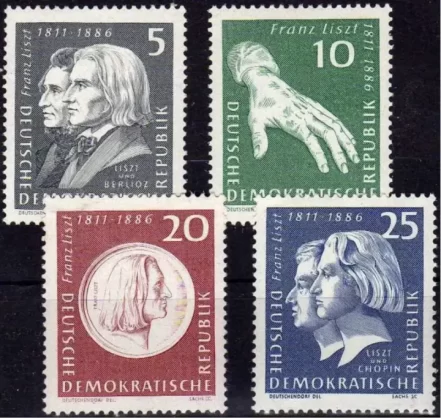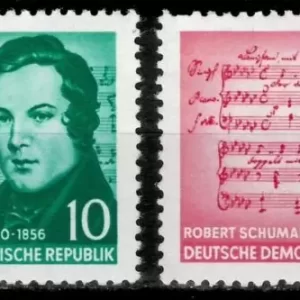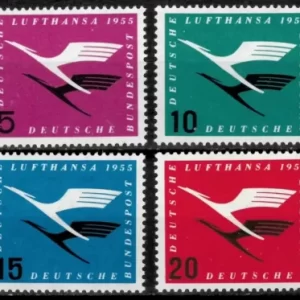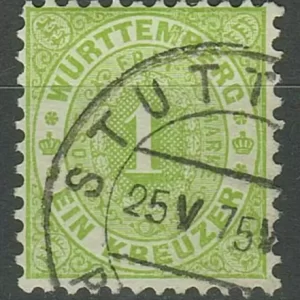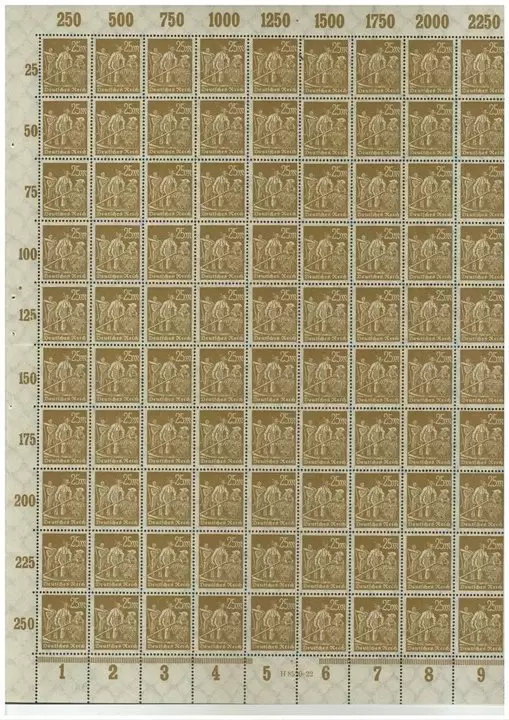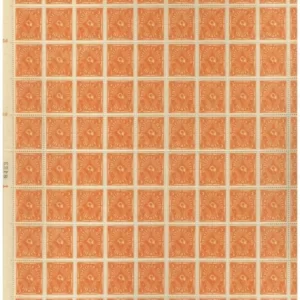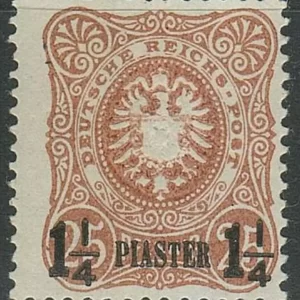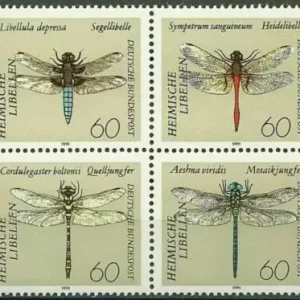DDR Germany year 1961 – Composer Franz Liszt stamps set MNH
This commemorative set was issued to mark the 150th Anniversary of Franz Liszt’s birth and consists of 4 stamps.
🎶 Stamp Set Details
| Catalog Number (Michel) | Denomination | Subject/Design | Print Run (Approx.) |
| 857 | 5 Pfennig | Liszt, together with Hector Berlioz | 6,000,000 |
| 858 | 10 Pfennig | Youth-hand by Liszt | 1,000,000 |
| 859 | 20 Pfennig | Franz Liszt’s Portrait (Relief) | 6,000,000 |
| 860 | 25 Pfennig | Liszt and Frédéric Chopin | 1,000,000 |
Key Information:
- Year of Issue: 1961 (Issued in October and November)
- Total Stamps in Set: 4
- Michel Catalog Numbers for the set: 857-860
- Designer: Fritz Deutschendorf
- Theme: 150th Birthday of Franz Liszt (Born 1811)
💸 Approximate Value
Similar to many DDR commemorative sets, the value is generally quite low for collectors.
- A complete set of the 4 stamps in Mint Never Hinged (MNH) condition is typically priced in the range of $2.00 to $5.00.
- The set in Used/Cancelled condition is often even less, although the 10 Pfennig (Mi #858) and 25 Pfennig (Mi #860) stamps, with their lower print runs (1 million each), are slightly less common than the other two values.
This set is an interesting piece of philately, featuring not just Liszt, but also his contemporaries, Berlioz and Chopin.

